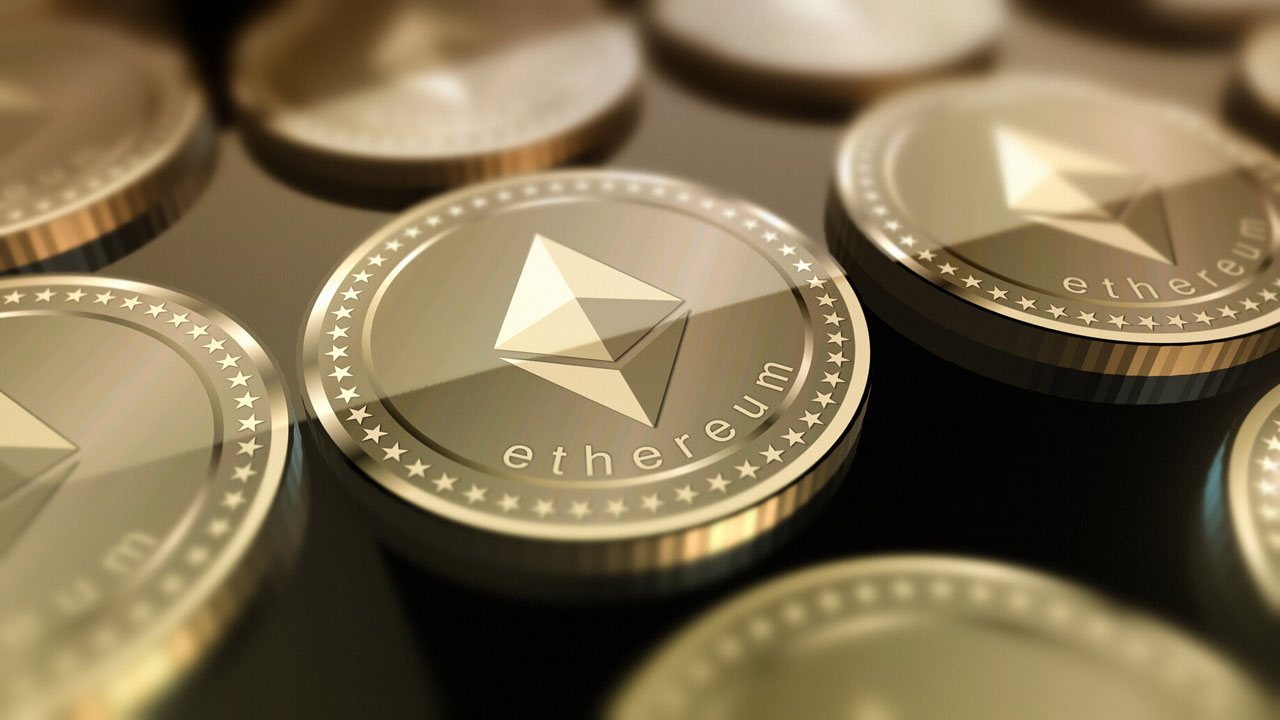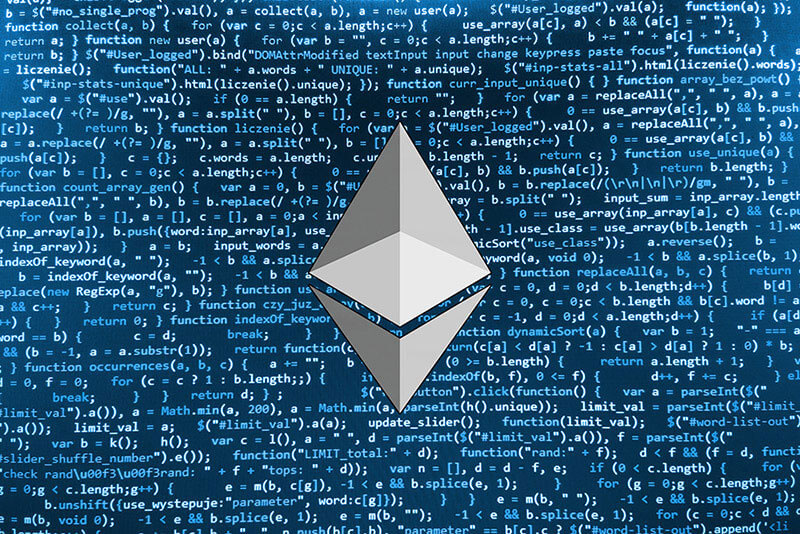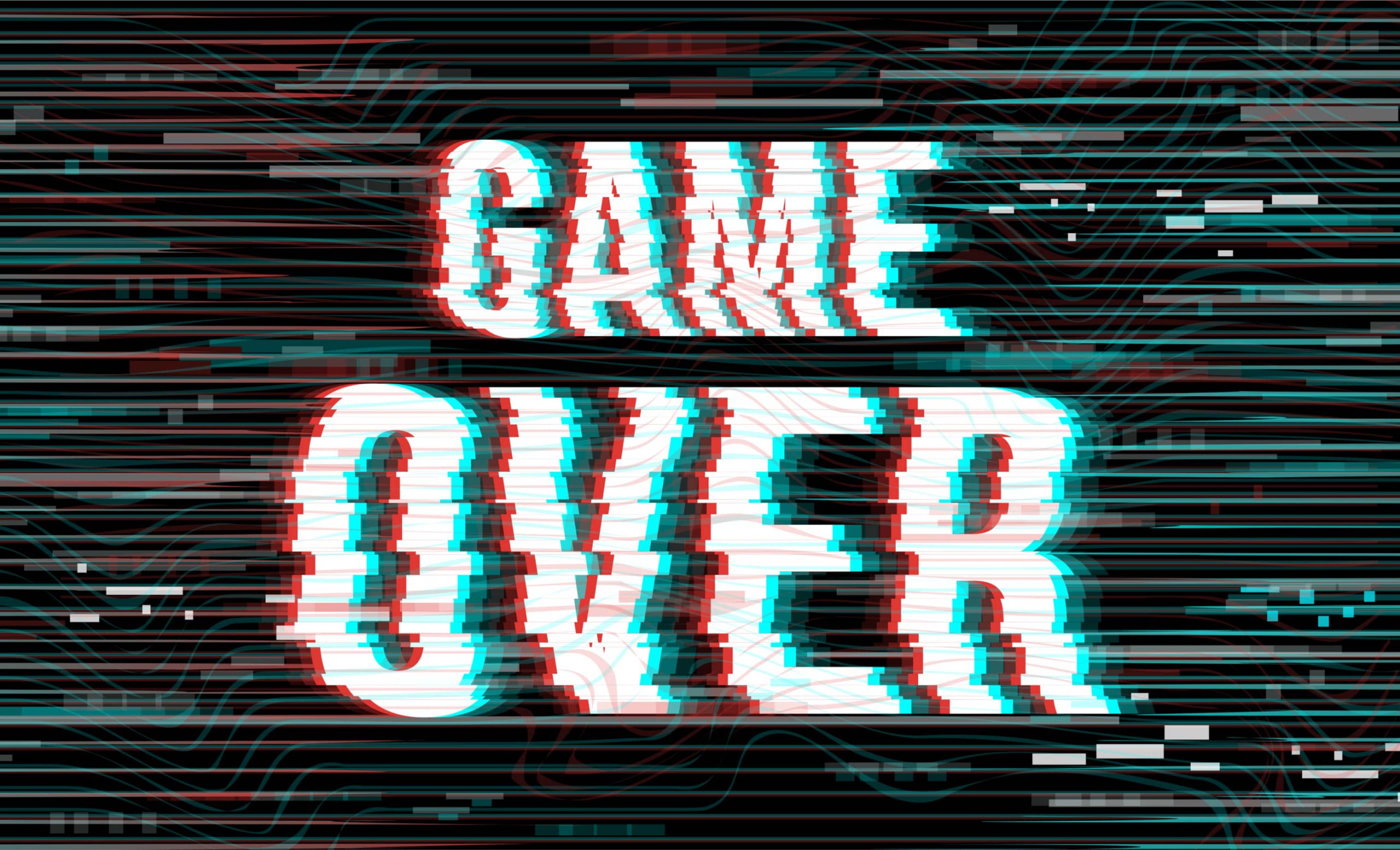
If you are staying on top of current trends in the gambling industry, you’ve probably heard about the Success of Ethereum and its blockchain and particularly about the potential for smart contracts and their possible impact on various industries, including the global gambling marketplace.
But what is a smart contract and how can your business make use of them? Before we can move on to the details, we need to define the platform on which smart contracts exist; a Blockchain. The first Blockchain created was used for the cryptocurrency Bitcoin, since then many other Blockchains have come into existence to complete various tasks.
What Makes Ethereum So Special?

We’ll be focusing on the second-largest Blockchain in existence, Ethereum, as this is the first Blockchain that supports the technology needed to run smart contracts. Ethereum is a public, open-source and blockchain-oriented distributed computing protocol that features smart contracts (scripting) functionality. Ethereum also offers a wealth of useful features and clear future roadmap for development, which is crucial for continued business development.
Blockchain
A Blockchain is a distributed network of computers that store and share transactions in a public ledger. Every time a transaction is completed a block is generated detailing the transaction. This block is then copied to every computer, known as a node, in the blockchain. Crucially, these blocks, once created, cannot be edited or deleted, meaning that a Blockchain will contain a complete history of every transaction actioned on it, since the Blockchain was created. Additionally, as each block is stored on every node simultaneously, the validity and accuracy of the data within each block is assured and maybe verified by comparison to copies stored on other nodes.
This accuracy leads to Blockchains being described as “trust-less”, meaning that we don’t need to trust the data in a block, as the network ensures that it is valid, so trust is not needed.
The distributed network also contributes to the usefulness of the concept. As all the nodes are separate and independent of each other, they are much more secure and reliable than a centralized network. By retaining their independence, they also ensure the validity of the blocks contained in themselves.
With most historic Blockchain networks, there have been heavy limitations on what a block can contain, mostly limiting the content to static data. However, with Ethereum, we can add executable code into a block, using Solidity as a programming language. With the versatility that this affords, we can make programs to exchange money, property, or anything of value. These programmers can be created with a set of rules and penalties around the transaction to form a structure called a smart contract.
How Online Gambling Industry Can Benefit From Smart Contracts?
Crucially, the smart contract can then be tailored to deliver gambling services, such as a bet on sporting events, lotteries, and many more possible options. The smart contract can be set to allow players to deposit currency into the smart contract and then wait until the end of the event to work out payouts. Before delivering the payouts automatically the smart contract can be set to verify the results from multiple sources to ensure that the correct result is achieved, and then payout to winning players based on predefined rules and odds. This gives players a much higher rate of confidence and transparency than a traditional bet as all transactions through the block containing the smart contract will remain on record within the Blockchain indefinitely.
This versatility makes the smart contract ideal for gambling with a large number of applications and benefits.
Benefits of using smart contracts
Some of the fundamental benefits of using smart contracts include the system being Provable Fair and decentralized:
- The audit trail of data through a block provides an unprecedented ability to show that the system is Provably Fair. This enables players to check back through the game to ensure that all behavior is as it should be within the game they’re playing. Because the Blockchain stores a complete set of historic transaction history, players can have much greater and clearer visibility of the behavior of each game. This will lead to an increase in trust between the Provider and
- The availability and decentralized nature of a Blockchain will enable gamblers to avoid the risks and costs associated with larger organizations by managing the contracts themselves. This will enable a player to act as a banker for a group of players, especially in games such as poker, black-jack and baccarat. By managing the process of the bet themselves, players will see a big drop in management and running costs, further incentivizing the us of Smart Contracts. As the technology develops, the speed and reduced transaction cost will only add more benefits to players.
What Are The Limitations?
It is this last point which shows the current limiting factors on smart contracts.
The first being costs involved for running a transaction through a Blockchain. As with any service, there is a cost for using it and Smart Contracts are no exception. Every time that data is added to a block a number of steps are undertaken within the system which has a cost associated with them which is charged to the person who originated the action. For Ethereum, this charge is measured in “Gas” and, at present, these Gas fees are a noticeable expense for users. This is especially apparent when a player is undertaking a large volume of small bets at the same time. In this instance, the cost per transaction could simply outstrip any winnings which the player could make, this is a very serious issue for both players and provider.
Equally, the speed at which the system produces a result is presently a concern. If you’re using Smart Contract to run a casino game, for example, the whole process from the point at which a Player places a bet, to generating a result and returning it to the player can be around the two-minute mark. This is completely unacceptable from the Player’s perspective and it’s unlikely that a service offering such a slow turnaround, even with all the guarantees it brings, would see much traffic or revenue.
All of this said, with the continued investment and development which we’re already seeing within the Blockchain platforms, solutions to these and future problems have already begun to be investigated. So, it’s only a matter of time before the issues above are resolved and a thing of the past.
Conclusion
The future for smart contracts is bright, with their potential to remove chargebacks, increase trust within players, lower administrative costs, create innovative new games and greatly reduce the potential for fraud, they have huge potential to disrupt the gambling industry.
We see this as the perfect time for early adopters and market leaders to engage with the Blockchain revolution. Outsourcing companies like Melior Games which focus on this technology will be giving themselves a substantial advantage in the marketplace now and positioning their business well for the future.
At Melior Games, we’re already seeing substantial and growing demand for this technology. As a response, we’re placing the highest priority on the development of this business area, as well as building on our substantial expertise with this technology.





